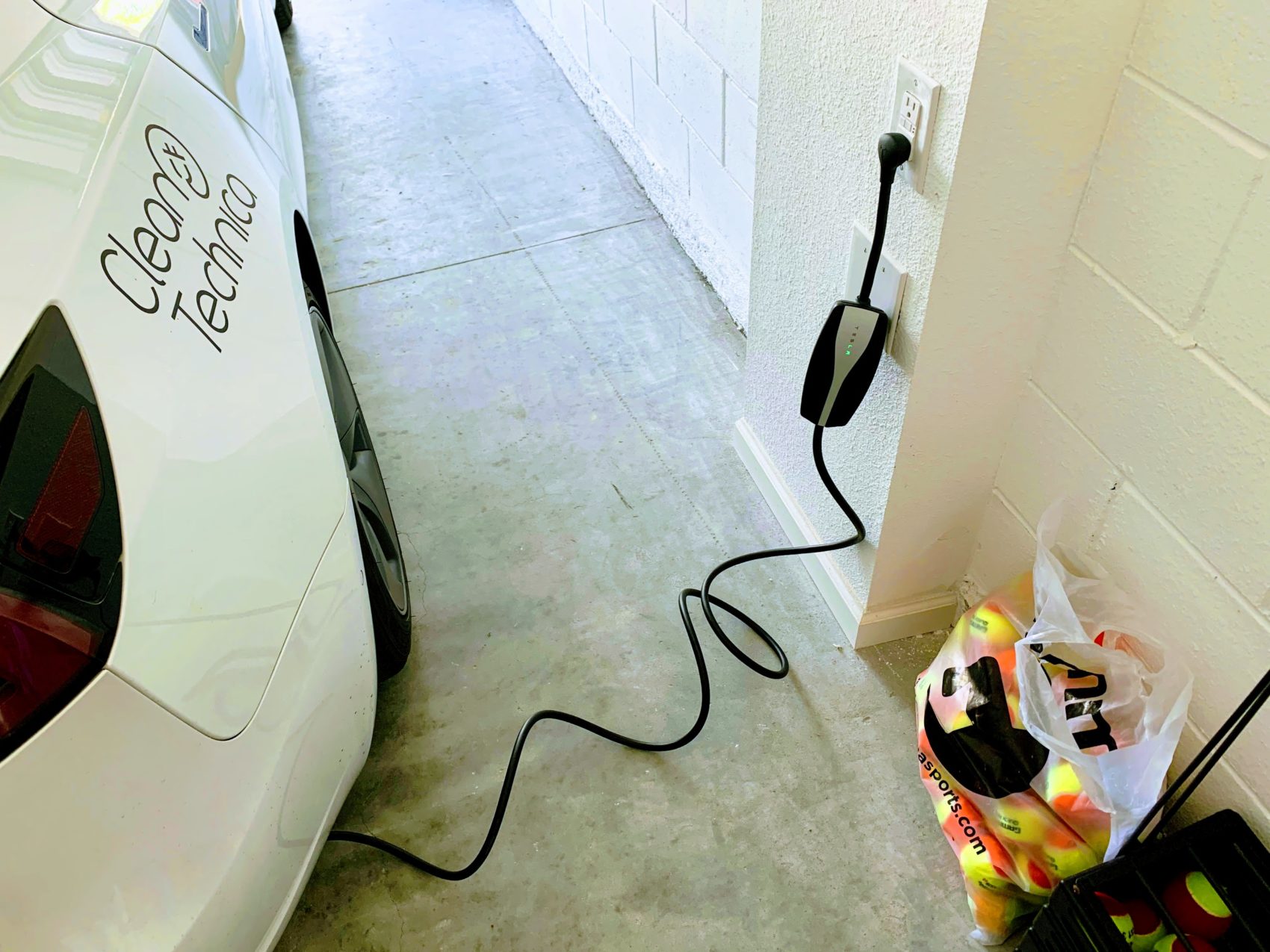Sign up for CleanTechnica’s Weekly Substack for Zach and Scott’s in-depth analyses and high level summaries, sign up for our daily newsletter, and/or follow us on Google News!
Last Updated on: 11th May 2025, 03:17 pm
Every electric vehicle (EV) owner knows these two questions well:
- How long does it take to charge?
- How far can it drive?
CleanTechnica readers flipped my mind on that first one years ago. Some early EV owners spread the news that when they were asked how long it takes them to charge their vehicles, they’d respond “5 seconds,” or something along those lines. Some of them had actually timed it. If you haven’t seen this before and haven’t guessed by now, the answer regards how long it takes to plug in and unplug.
The thing about all of this is that it’s just a different lifestyle having an electric car versus a gasoline-powered car. In general, people assume it’s a harder lifestyle. After all, if it takes 5 hours standing next to your car with your hand on the nozzle while it charges, that’s a lot of time you could be doing something else. Of course, everyone knows that you don’t stand there while the car charges, right? But this is sort of the assumption behind that question about charging time. It’s based on comparing the gas car experience to the electric car experience, and assuming everything is done the same.
Even if you are just thinking about road trips, where you aren’t going to use normal “Level 1” or “Level 2” charging but are going to use fast charging, people think of 15 or 20 minutes of charging like they think of fueling up a gas car. But you don’t have to stand next to the plug while it’s charging. You plug in (which takes maybe 3 seconds) and then you go and use the bathroom, get a coffee and/or a snack, perhaps let your dog use the bathroom if you’re traveling with a dog, unplug, and you’re back on your way. It’s a different process. It’s not the same as gassing up a fossil fueled car, and so you can’t compare it like it’s apples and apples.
Technically, clearly, the actual charging of the car takes longer, and that’s what people think about. But what people think is a downside is actually an upside of EV life. For most people, of you’re able to charge at home or even at work, the amount of time spent actually engaged in the charging process is going to be much, much shorter across the course of a year.
What is often forgotten by people concerned about the charging time is that they go out of their way routinely to fuel up their cars with gas. On a weekly basis or so, they drive off the road somewhere, pull into a gas station, get out of the car and put the nozzle in, go through the payment process (perhaps even going into the store to pay), and then get back out of the gas station and onto the highway. When you add up the time spent on that throughout the year versus the brief time plugging & unplugging for normal charging and any real extra time at fast chargers on road trips beyond what you’d normally spend to take a break for the bathroom, coffee, gas, etc., then it’s highly likely you spend more time fueling up a gas car than an electric car.
In fact, the convenience of home charging and never having to go to a gas station again is an enormous benefit of EV life. It is one of people’s favorite things once they have an electric car. In fact, it is probably the #1 benefit of EV life. Ironically, it is about exactly the difference that worries people the most when they start thinking about getting an electric car — the difference in charging versus fueling up with gas.
Note: This is our weekly column on Substack. You can subscribe there to help support CleanTechnica’s years of work in the cleantech media industry.


Whether you have solar power or not, please complete our latest solar power survey.

Have a tip for CleanTechnica? Want to advertise? Want to suggest a guest for our CleanTech Talk podcast? Contact us here.
Sign up for our daily newsletter for 15 new cleantech stories a day. Or sign up for our weekly one on top stories of the week if daily is too frequent.
CleanTechnica uses affiliate links. See our policy here.
CleanTechnica’s Comment Policy

